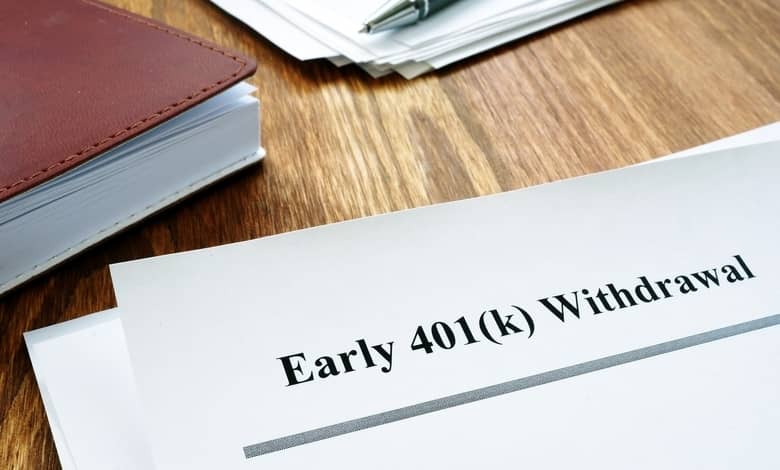
Early withdrawals from an Individual Retirement Account (IRA) is subject to a penalty. If you withdraw money from your IRA before the age of 59 1/2, you will pay a 10 percent early withdrawal penalty. It doesn’t end there though. You will also have to pay income tax. For example, if you withdraw $5,000 from your IRA and in the 24 percent tax bracket, you will pay about $1,800 in penalties and taxes.
Although the penalty is something that would turn anyone off, there are ways to avoid it. If you use the money withdrawn early to pay for medical insurance premiums after a job loss, you will avoid the 10 percent penalty. However, you will still be taxed for the early withdrawal.
This isn’t limited to insurance premiums after a job loss though. In most situations you are in need of the money in your IRA, you can make an early withdrawal. The IRS refers to these life events as hardship distributions. The agency describes it as a withdrawal because of a heavy financial need.
Heavy Distribution Limit
While you will be able to avoid the 10 percent penalty, it is only up to the amount you need. Therefore, if you withdraw money early and it exceeds your financial need, you will pay the 10 percent penalty. Here is an example:
Heavy Financial Need Amount: $5,000
Amount Withdrawn Early: $6,000
In the given example above, you will pay 10 percent of $1,000 which would equal $100 and income tax. Assume you are in the 24 percent tax bracket, added with the total income tax burden, $1,540 is how much the taxpayer would pay.
The bottom line here is you can avoid the 10 percent penalty if you withdraw money to satisfy a heavy financial need. Even if that is the case, you are going to pay income tax on the money you withdraw regardless of the type of your IRA.